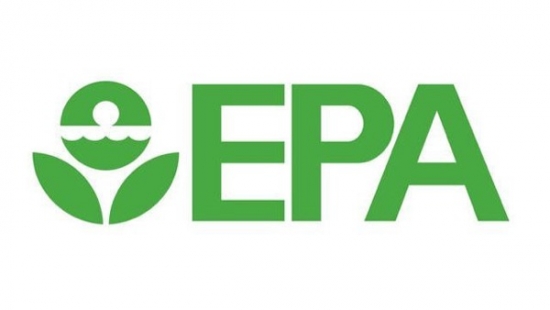 Investigators from the federal Environmental Protection Agency are looking into why an employee of the city’s Water Pollution Control Authority allegedly changed the results of fecal coliform reports at the city’s sewage treatment plant.
Investigators from the federal Environmental Protection Agency are looking into why an employee of the city’s Water Pollution Control Authority allegedly changed the results of fecal coliform reports at the city’s sewage treatment plant.
Fecal coliform refers to bacteria found in human waste.
Federal and state law requires sewage treatment plant operators to monitor whether the bacteria is being released into the environment — in Derby’s case, the nearby Housatonic River.
An unnamed employee at the sewage treatment plant allegedly erased the initial findings and wrote in lower numbers on some of the reports in 2014, a big no-no in the sewage treatment world.
The discrepancies were discovered in April by an inspector from the state Department of Energy and Environmental Protection (DEEP).
The details are embedded below. The article continues after the document.
Derby Inspection – Laboratory Deficiencies by ValleyIndyDotOrg
The state reported the incident to federal officials, according to Derby Mayor Anita Dugatto.
EPA personnel then launched their own probe, and have been questioning Derby WPCA employees. The EPA is also reviewing data and correspondence from the Derby WPCA.
Derby WPCA Superintendent Lindsay King said he and his employees are cooperating with the EPA probe and are working with the law firm Pullman & Comley to address the EPA’s questions.
Pullman & Comley has been hired by the City of Derby to deal with a slew of issues raised by DEEP regulators, who have an administrative order pending against the Derby WPCA forcing the WPCA and Mayor Dugatto to deal with problems at the city’s treatment plant.
The Valley Indy left messages Thursday with Pullman & Comley and with Thomas Welch, the Derby corporation counsel.
 King said he did not think the employee intentionally misreported the fecal coliform numbers. King said he believes the reporting issue was caused by simple human error. DEEP cited Derby WPCA workers’ lack of training as an issue in their order pending against the city.
King said he did not think the employee intentionally misreported the fecal coliform numbers. King said he believes the reporting issue was caused by simple human error. DEEP cited Derby WPCA workers’ lack of training as an issue in their order pending against the city.
The employee who made the mistakes has since been reassigned within the WPCA.
Neither King nor Mayor Dugatto would comment as to whether the employee was disciplined.
The type of analysis the employee was responsible for is now handled by an outside lab, Dugatto and King said.
Dugatto characterized the EPA probe as routine, since DEEP is mandated to report such mistakes to the federal agency.
The Derby WPCA has received notice of violations regarding the sewer system in the past — but this is the first time EPA personnel showed up to find out what’s happening.
In addition, it is illegal to deliberately alter data used to monitor sewage treatment plants.
In 2012, a Pennsylvania man was sentenced to probation for falsifying environmental reports tracking fecal coliform and other contaminants.
In 2014, a Missouri man was sentenced to five years probation and fined $30,000 after admitting he altered data submitted to the state regarding the discharge of phosphorous from a wastewater treatment plant he operated in Missouri.
The defendant altered the data to make it seem the discharge was within the amount allowed by state permit.
That case was investigated by EPA’s Criminal Investigation Division and was prosecuted by the U.S. Attorney’s Office.
The U.S. Attorney’s Office in Connecticut declined to comment on the Derby WPCA issue.
Derby officials would not say specifically whether they are dealing with the EPA’s Criminal Investigation Division.
“It’s just something they (the WPCA) has to follow up on. It’s just getting the information,” Dugatto said.
A spokesman with the EPA in Boston said the agency generally “does not comment on, or confirm or deny, any ongoing investigation.”
The EPA investigators have not contacted the mayor’s office, according to the mayor.
State environmental officials sidestepped questions about the fecal coliform reports, but issued a general statement about their dealings with Derby.
“DEEP is continuing to evaluate the wastewater treatment plant in Derby and we are still working to determine what next steps would be appropriate to ensure that the facility operates in a manner that complies with all requirements,” DEEP spokesman Dennis Schain said in an email Thursday.
Last year Derby voters approved borrowing roughly $31 million to repair and upgrade Derby’s sewer system.
No substantial work has started. The borrowing will increase a single-family property’s sewer bill by almost $300 per year. Sewer users are expected to get hit with the charge later this year.